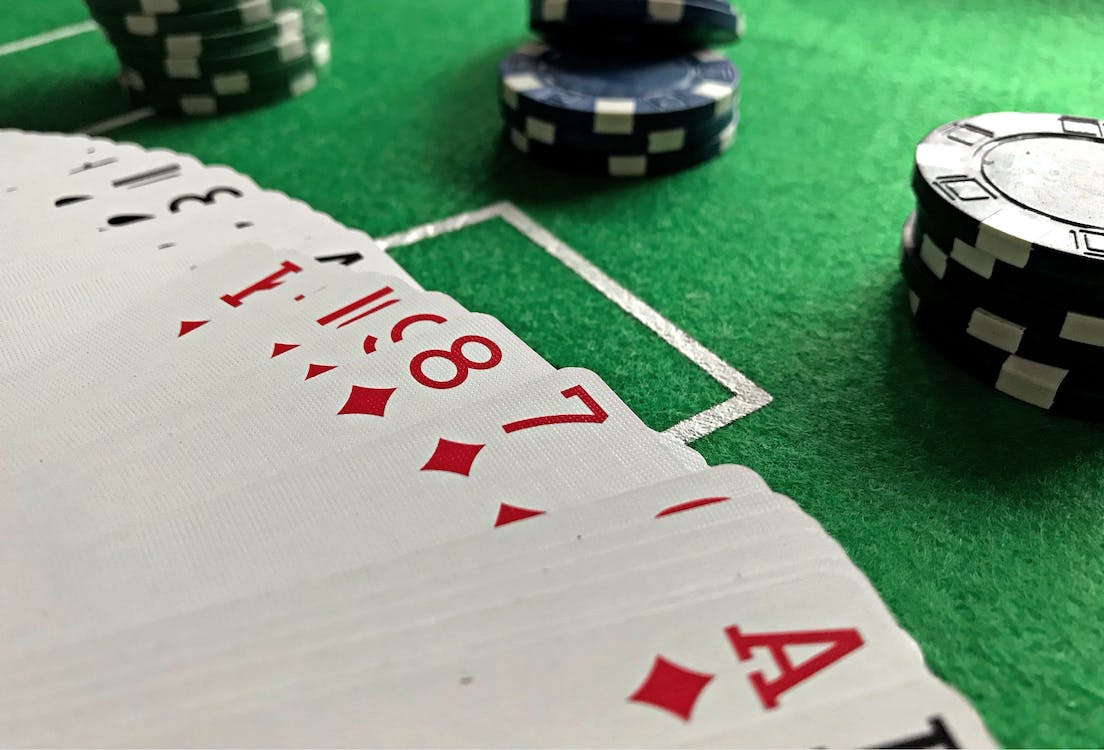Poker tournaments have fascinated people for as long as they’ve been around. Casual players enjoy watching them, amateur players dream about experiencing them, and professionals work tirelessly to develop winning strategies. However, the emergence of freeroll poker tournaments has led to some amateurs getting to live their dreams. But these players may be stepping into the lion’s den without protection. This article provides some tips for winning your first free poker tournament.
Taking Risks
Most poker players understand that a lot of risk is involved in playing this game. However, by taking control of your actions during a match, you can minimize or even maximize the amount of risk you are taking. The question isn’t whether you can but rather whether you should. Popular poker wisdom dictates that players should start the game tight and only take risks later in the tournament, and even then, only when they have to.
Freeroll tournaments often attract many newbies, inexperienced players, or amateurs. Many of these participants may not be familiar with the strategies employed by professional poker players. Therefore, it’s wise to focus on premium hands early in the tournament, and to diversify your play as the matches progress gradually. Patience is key in this strategy, allowing you to maintain a calm and collected approach to the game.
You should also exploit other people’s risk-taking. Many new players come in with a sense of confidence that is a bit too great. You may see many go all in in the first game, having only played a couple of hands. These players are usually eager or overly confident and will get knocked out in the first round. Capitalize on their sense of confidence and let them eliminate themselves.
Aggression in the Mid-Game
Early in the game, playing conservatively is the right call. However, many players find comfort in this risk-free playstyle and must catch up in the mid-game. This is the time to pick up the pace and start playing more aggressively, especially in a free roll poker tournament setting, where most opponents are amateurs. Target players with smaller stacks who don’t seem too confident in their performance and eliminate them with an aggressive play style.
During the mid-game, you can also begin to rely more on bluffing rather than playing premium hands. It is important to note that many players rely on bluffing when their hands are too weak to matter, which is also a mistake. Instead, bluff when you have a mediocre hand, which could still win out at the end of the day. The mid-game is when the game really picks up, so you should also be aware that there might be much more pressure during this period.
Leveraging Position
Poker is not entirely like other casino games. It involves luck, to be sure, but there is also a lot of strategy that you can use to keep ahead of your opponents. However, many poker strategies rely on information about the other players. That is why amateurs need to learn how to leverage their position in the game.
The player with the most information from the start likely has the advantage. So, take advantage of your position in the line-up. Keep a close eye on every other player’s moves when playing last, and play more hands. On the other hand, when you are given a position closer to the front, play it a bit more conservatively, at least the first few times, until you can get a read on the other players.
Placing in a final position is also a great way to steal blinds. In freeroll tournaments, where many players are newbies or amateurs, many will fold if you raise right at the cutoff. Take advantage of this fact, especially in the late stages of the tournament, when the blinds become a lot more important to the game.
Bluffing
Bluffing is an integral part of the game, at least if the numerous poker movies and television shows are to be believed. In truth, bluffing does play a role in every game. However, it is far from the professionals’ most common or widely used strategy. Many professionals can tell when a player is bluffing, as they’ve been trained to read body language and perceive any “tells.”
However, many players are likelier to call in freeroll tournaments, especially in the early stages. That is why bluffing is the worst strategy you can incorporate, especially if you have a terrible hand. Instead, save your bluffs for later during the tournament when more players begin to wager more cautiously. These players have made it through the early rounds by being observant and confident in their decisions. So, they may fold when their confidence is shaken through a bluff.
Bluffing is not a strategy exclusive to poker players. In many sports, athletes bluff their opponents with fake-outs or misdirection. Even one of the most popular sports in the world, soccer, involves a lot of bluffing. With the English Premier League going on right now, Arsenal fans can enjoy the Gunners’ play against a slew of England’s best teams and maybe even catch some of the notable bluffs during the game.
